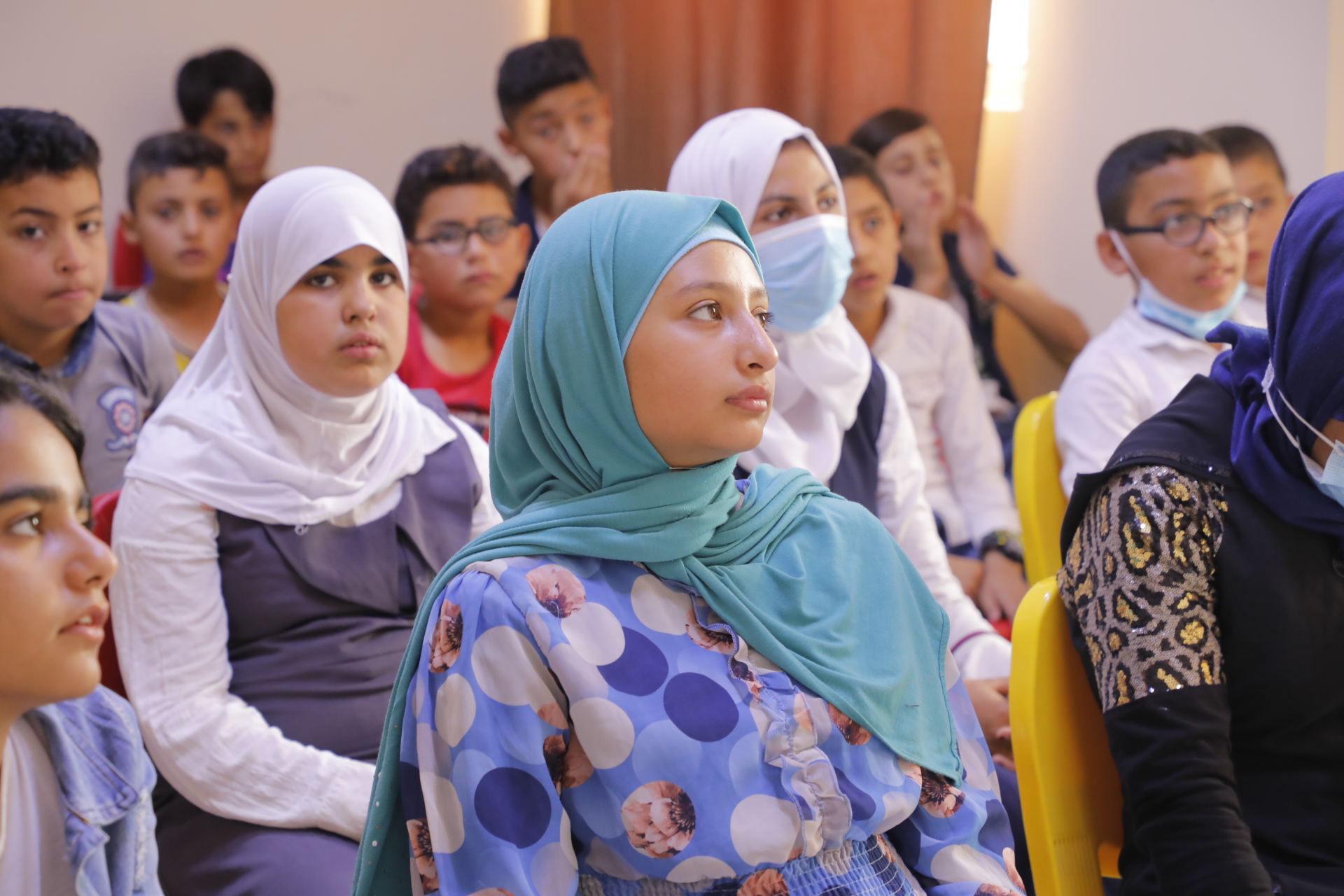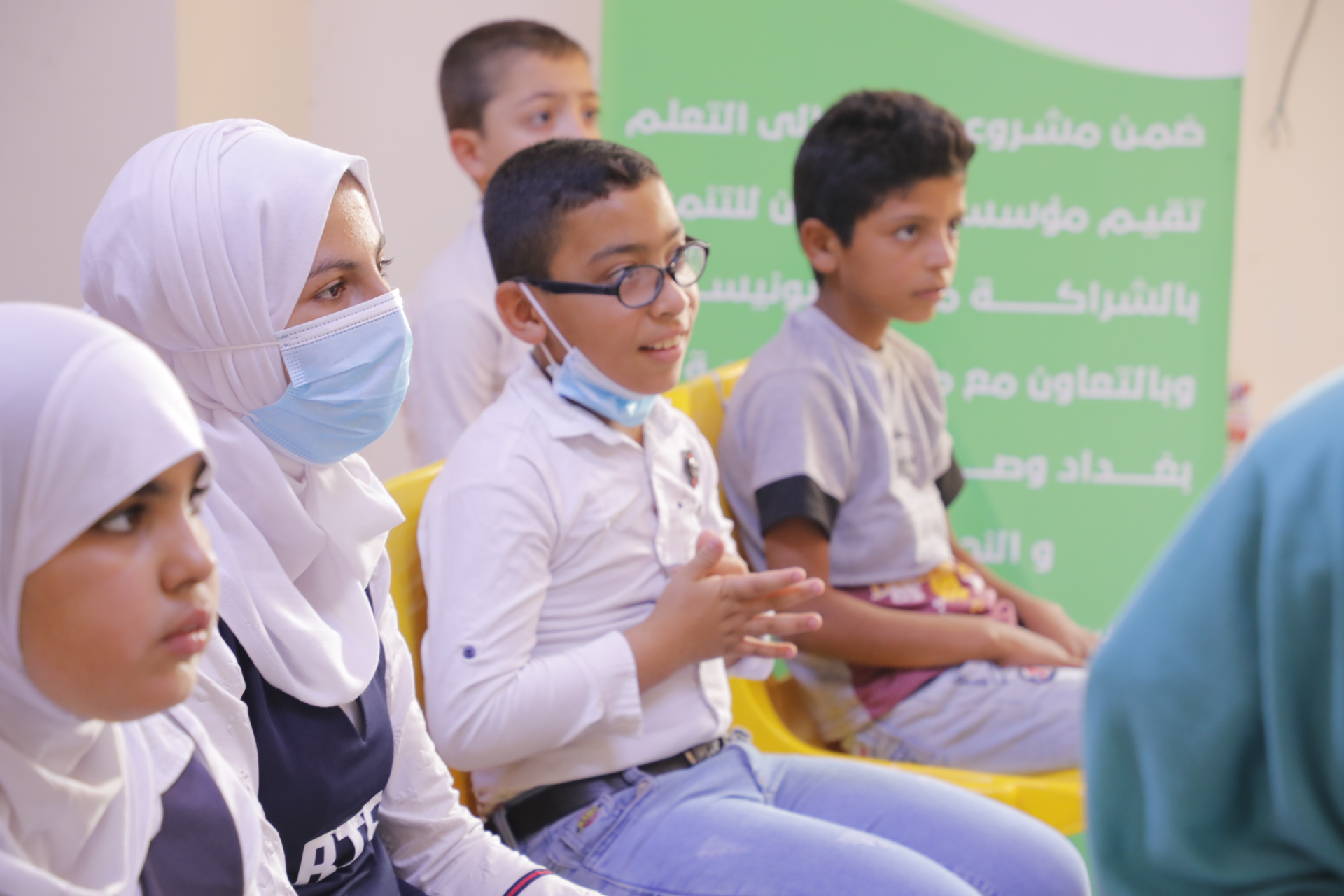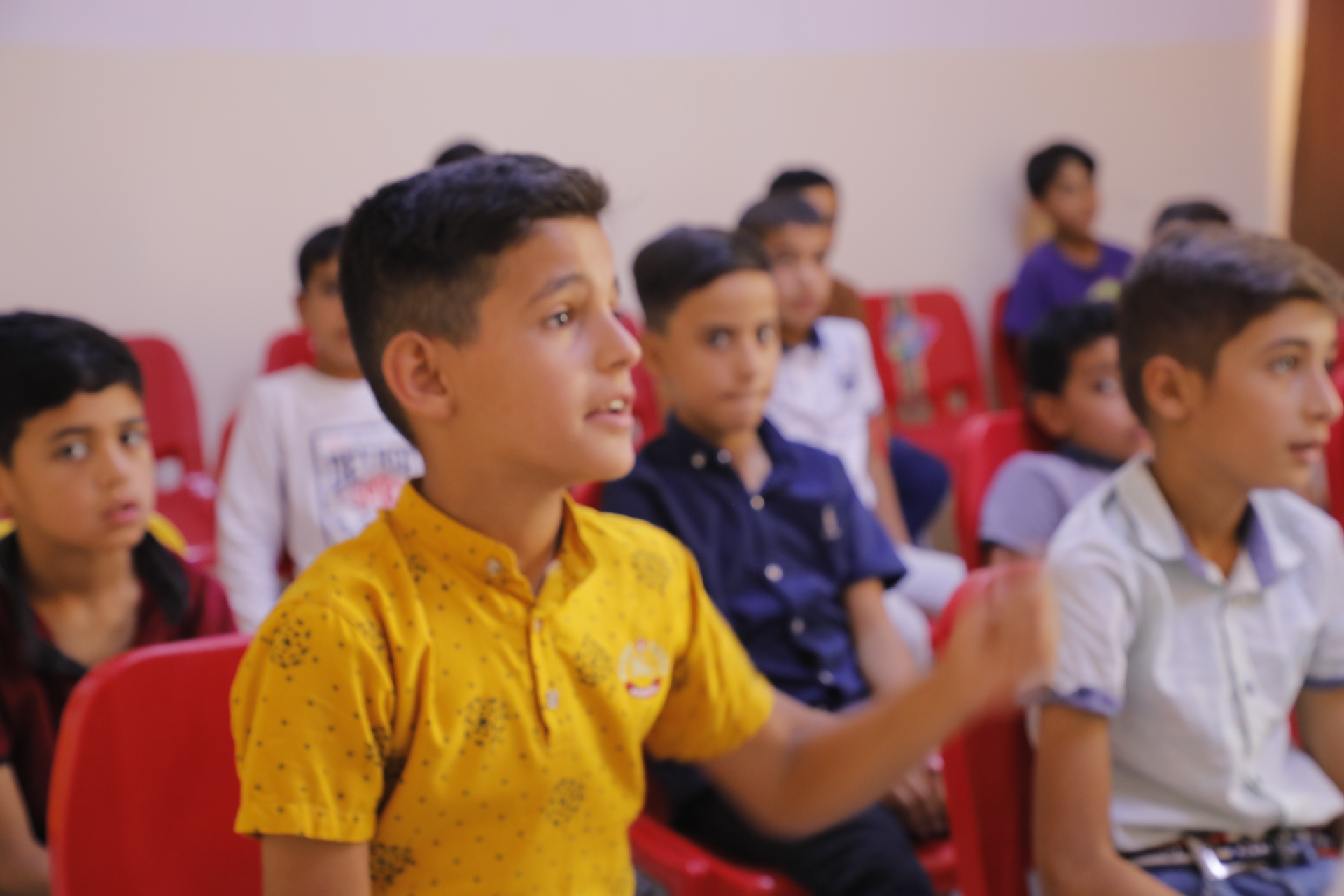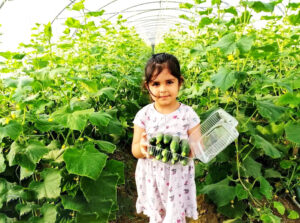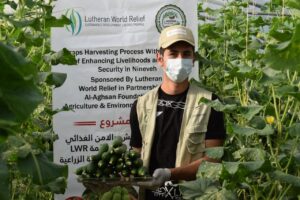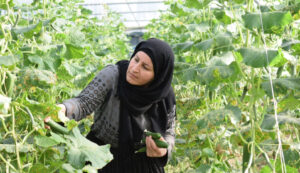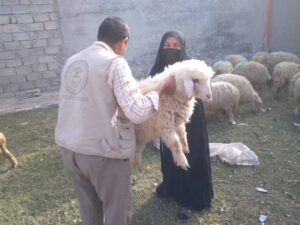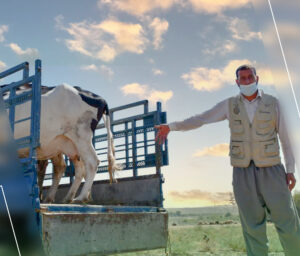Economic Recovery
EVERY CHILD SHOULD LEARN FROM A QUALITY BASIC EDUCATION
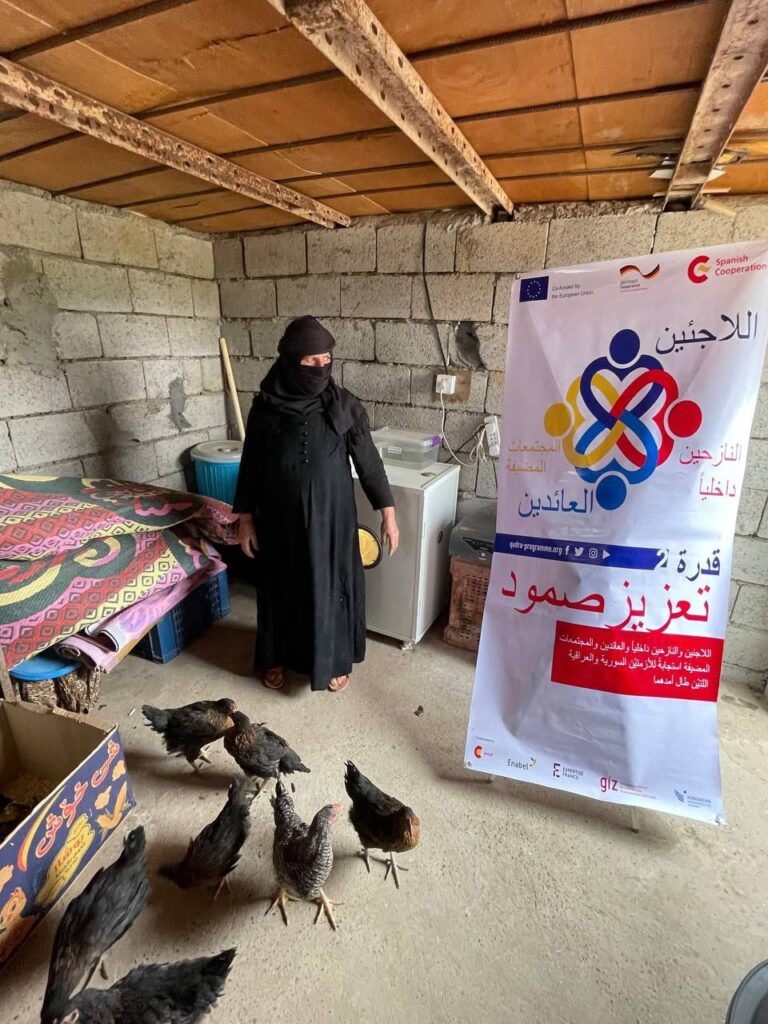
The Economic Recovery sector is one of Aghsan Foundation’s five core sectors of intervention. Its overall objective is to support conflict- and displacement-affected individuals and households in meeting their essential needs in a sustainable manner (self-reliance) and in building their ability to mitigate, adapt to and recover from shocks and stresses in a manner that reduces chronic vulnerability (resilience).
Aghsan Foundation Economic Recovery programming does not aim to recover entire economies, but rather focuses on the recovery of individuals and their households following a crisis or a shock. The sector primarily focuses on supporting people’s capacity to subsist (produce for self-consumption) or generate income and other economic assets in a safe, dignified, and resilient manner. This necessitates the consideration and incorporation in programme design of various social, cultural, political, environmental and other relevant factors that influence an individual or household’s economic recovery. Such considerations inform programming that frequently involves a combination of individual-, household-, community- and systems-level interventions that leverage a variety of modalities, including Cash and Voucher Assistance (CVA), as well as Markets and other Systems-based Approaches (MSA).
3 Sub-Sectors of Economic Recovery
Food security activities ensure that individuals and households have physical, social, and economic access to sufficient, safe, and quality food.
Achieving food security outcomes fundamentally requires a holistic, integrated multi-sectoral approach. Aghsan Foundation’s Economic Recovery programming contributes to achieving Food Security through a combination of two broad categories of intervention:
On the demand side, interventions that support the capacity of individuals and households to meet their basic food needs by ensuring that they have both the economic means to access foods (e.g. through consumption support) and the physical means to access relevant commodity markets;
On the supply side, interventions that ensure that critical market systems and value chains that support basic food needs are functional, resilient to shocks, and responsive to needs in crisis or displacement contexts (e.g. through support to regenerative practices in local agricultural production and natural resource management).
Financial inclusion activities ensure that individuals and businesses have effective access to useful, affordable, and adapted financial products and services (e.g. transactions, payments, savings, credit, loans, and insurance) and that these financial products and services are delivered in a responsible, inclusive and sustainable way.
Aghsan Foundation’s Economic Recovery programming contributes to achieving Financial Inclusion through a combination of two types of interventions:
On the demand side, working with individuals, households, and communities on access, knowledge, understanding, and use of such financial products and services (e.g. through financial literacy trainings);
On the supply side, working through formal (e.g. banks, Microfinance Institutions, etc.) and informal providers (e.g. Village Loans and Savings Associations, brokers, etc.) to ensure that the relevant financial products and services are available, affordable, and where relevant, adapted to the needs of displacement-affected people.
Decent livelihoods activities ensure that individuals and households have the means to cover their needs and the needs of their household through diversified income streams stemming from sustainable and decent work.
Livelihoods interventions are about protecting, replacing or facilitating access of vulnerable individuals and households to (human, physical, financial, social, natural) resources that they can use to subsist and/or generate an income.
The Aghsan Foundation recognises that all sources of livelihoods are not equally desirable and promotes the development of diversified livelihoods opportunities that are decent and sustainable, whether in formal or informal labour markets.
As an intermediary step, Aghsan Foundation’s livelihoods interventions can also comprise emergency livelihoods interventions that facilitate access to immediate, temporary income through wage employment opportunities or other income-generating activities.
The Aghsan Foundation’s Economic Recovery programming contributes to achieving sustainable and decent livelihoods through a combination of two types of interventions:
On the demand side, providing employment support to individuals and households through developing human and social productive capabilities (e.g. life and technical skills, social networks, practical experience) and supporting their access to physical, natural, and financial productive assets (e.g. natural resources, tools, equipment, etc.) that will help them effectively access agricultural and non-agricultural labour markets, either through wage employment or self-employment.
On the supply side, generating decent and sustainable employment opportunities for vulnerable populations affected by displacement through (a) business support, by working with micro, small, and medium businesses (MSMEs) that are starting up or scaling up their activities, (b) market systems and value chain development, by working with the private sector in sectors and markets with potential for employment, and ensuring that the market environment is conducive to the employment of people of concern by supporting, strengthening, or developing specific actors, infrastructures, support functions, norms, and regulations; (c) decent work promotion, working with individual employers to ensure that the work opportunities that are available are decent and sustainable.
Cross-cutting expertise embedded in the Economic Recovery Unit
In addition to supporting core Economic Recovery programming through these three sub-sectors, the Economic Recovery unit also currently hosts, at the global level and in some regional and country offices, the technical expertise on some cross-cutting modalities and approaches.
More specifically, the Economic Recovery staff provides technical expertise for Market Systems Approaches (MSA), which is a methodology and principle of analysis underpinning how any programme, whichever sector it pertains to, will always interact with local markets (both affect them and be affected by them), and how some programmes can actively work through or support these local markets.
Through the use of MSA, Aghsan Foundation recognises that complex systems of exchange are an essential part of the everyday life of the people that we serve (e.g. they depend on exchanges to meet their needs, access social services, develop livelihoods, and participate in society), and that these market systems can affect people of concern positively or negatively.
In seeking to more systematically analyse and assess conflict- and displacement-affected individuals and households as a part of market systems, Aghsan Foundation acknowledges that our responses inherently affect local market systems, that crises affect access to, and functionality of, the markets, and that market actors are consistently proven to be among first responders in a crisis.
The objective of advancing the uptake of MSA across the organisation is to ensure:
- At minimum that the interventions we design do no harm, and
- Wherever relevant, appropriate, and feasible, that we design effective and successful market-based interventions that use, support, or change markets in ways that ensure better market access for all.
The Economic Recovery Unit at the Iraq level also hosts technical expertise with respect to Cash & Voucher Assistance (CVA) which, where feasible and appropriate, is recognised by Aghsan Foundation as the most efficient and effective modality for transferring resources directly to conflict- and displacement affected people in order to help meet their basic needs or achieve other sectoral outcomes.
The Economic Recovery unit also hosts at the Iraq level the organisation’s technical expertise on the Graduation Approach (GA), which is a holistic, timebound, integrated programme model composed of a sequenced set of interventions along four pillars (social protection, livelihoods promotion, financial inclusion, and social empowerment) targeted at displaced households that are living in extreme poverty.

Aghsan Foundation
Enhance household and community capacity to manage risks and shocks and to leverage their adaptive, financial and human capabilities.
Dr. khalid Asal
Aghsan Foundation
Invest in lasting solutions for improved economic and social wellbeing and dignity and provide other essential livelihood needs required for survival.
Dr. khalid Asal

Dr. khalid Asal
Aghsan Foundation
Support affected households and communities in protecting household and livelihood systems, avert erosion of productive assets, and support households and communities in restoring productive assets.

Aghsan Foundation
Protect and stabilise affected households against further effects of risks and crisis by ensuring access to adequate and appropriate nutritious food.
Dr. khalid Asal
Aghsan Foundation
Enhance household and community capacity to manage risks and shocks and to leverage their adaptive, financial and human capabilities.
Dr. khalid Asal
Aghsan Foundation
Invest in lasting solutions for improved economic and social wellbeing and dignity and provide other essential livelihood needs required for survival.
Dr. khalid Asal
BEST QUALITY
Our Goal is the Help !
The Aghsan Foundation provides technical guidance on how to passively harvest water and nutrients that will build back the natural resilience of the land using locally available resources like basic tools and rocks.
